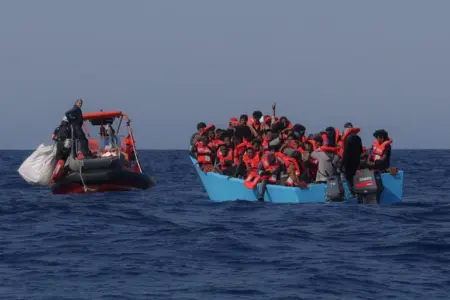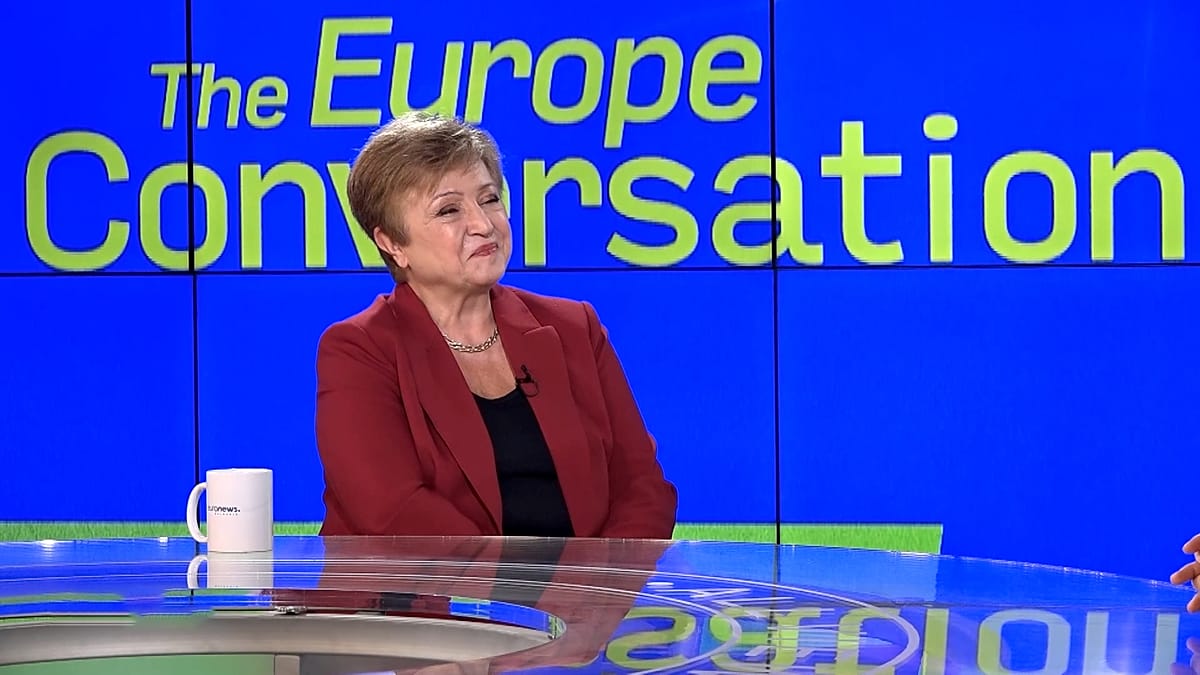Most European Union countries are letting rule of law concerns remain unaddressed making it easier for extremist views to come to the fore, a new NGO report has found.
The fourth annual rule of law report released on Tuesday by Liberties concluded that most EU countries made “little effort” over the past 12 months to resolve documented rule of law issues.
Poland and Hungary are once more flagged as the “worst offenders” with further measures rolled out to centralise power, silence opponents, control public opinion and ensure election victories despite attempts by Brussels to rein them in.
For the watchdog, the reforms demanded by Brussels under threat of withholding EU cash would “lead to only modest improvements” in both countries.
Italy and Sweden have meanwhile been dubbed “fast learners” following election victories by right-wing coalitions that have led to “a sharp increase in rhetorical attacks against NGOs and the media by both of these new governments,” Liberties said in a press release.
Compiled by 45 human rights organisations in 18 EU member states, the report also found that it is becoming harder for journalists to do their job in many countries, with some governments using public broadcasters as their mouthpiece – Poland and Hungary – or because the concentration of private media ownership threatens to influence what the public hears.
Political influence over the judiciary is also of particular concern with politicians having a say over the picking, promoting and disciplining of judges in countries including Bulgaria, the Czech Republic, Germany, Hungary, Poland, Slovakia and Spain.
Rules and mechanisms in place to stop corruption were meanwhile described as “too weak” in some countries, with a lack of transparency or protection for whistleblowers.
Many governments were also accused of making it harder for non-profit civil society organisations to survive by rolling out new measures allowing them to either dissolve NGOs or through “legal harassment.”
“European governments should realise that by failing to nurture their democracies, they pave the way for extremist politicians who will not hesitate to tear down the whole system,” Balazs Denes, Executive Director of the Civil Liberties Union for Europe (Liberties), said.
“Despite Brussels having allowed itself to be blackmailed into taking half measures, we want to see the EU make full use of the conditionality mechanism for both the Polish and Hungarian regimes.
“When funds are suspended, it must be at a level that gives [Hungarian Prime Minister Viktor] Orban and [Leader of Poland’s ruling Law and Justice party Jaros?aw] Kaczynski no choice but to return democracy to their citizens, because Poland and Hungary need the EU to cope with the fallout of Russia’s war in Ukraine,” he added.





